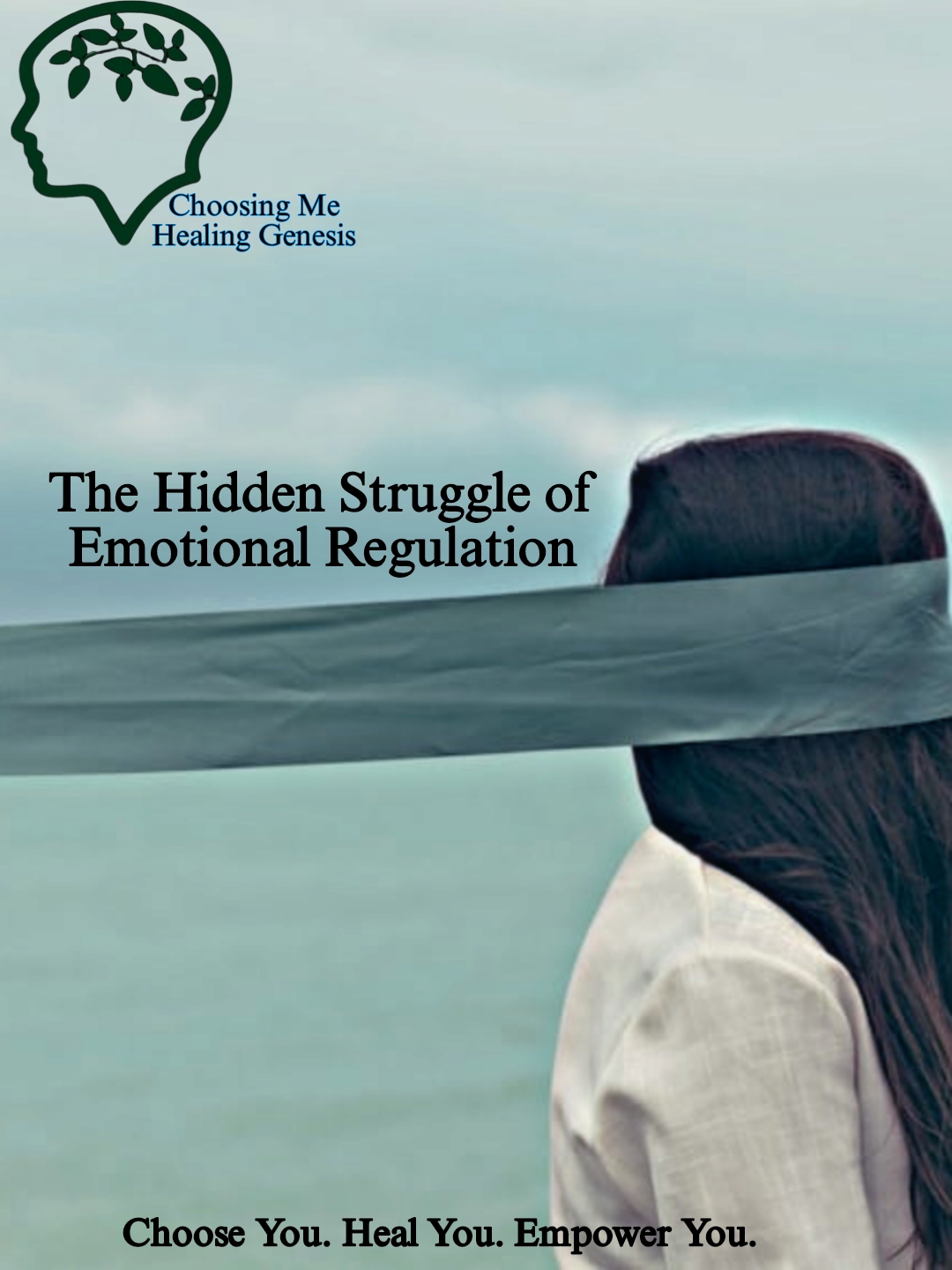The Hidden Struggle of Emotional Regulation: A Personal Journey
Have you ever noticed how a small inconvenience can set off a cascade of negative emotions, leading you to lash out at those around you? This week, let’s explore the depths of these emotional responses and how they can impact our relationships, even when we don’t mean to cause harm.
The Trigger: A Common Scenario
Imagine you’ve had a rough day at work. You come home exhausted, looking forward to unwinding, but things don’t go as planned. The house is noisy, and dinner isn’t what you expected. Your disappointment quickly turns into frustration, and you start to voice your dissatisfaction loudly and repeatedly.
In these moments, it’s easy to forget that our words and actions can deeply affect those around us. What feels like a simple expression of frustration to you can come across as hurtful and demoralizing to others, especially if it’s repeated.
Recognizing the Pattern
When you find yourself constantly complaining about minor issues, it’s a sign that there might be underlying emotions at play. It’s not just about the noisy house or the unsatisfactory dinner—it’s about how these situations become outlets for your unexpressed feelings.
For example, you might repeatedly criticize the food, not realizing that your words hurt the person who prepared it with good intentions. This behavior can create a tense atmosphere and make others feel unappreciated.
Self-Reflection and Accountability
Realizing that your actions might be causing harm is a crucial step toward change. It’s important to acknowledge that your frustration may be rooted in deeper issues, and that lashing out is not a healthy way to cope.
Strategies for Improvement
1. Pause and Reflect: Before reacting, take a moment to understand why you’re upset. Is it really about the current situation, or is there a deeper issue at play?
2. Communicate Constructively: Instead of criticizing, express your feelings in a way that doesn’t blame others. For example, “I’m feeling really overwhelmed today, and the noise is making it hard for me to relax.”
3. Seek Understanding: Try to understand the perspective of others involved. Acknowledge their efforts and express gratitude for what they do.
4. Practice Empathy: Consider how you would feel if roles were reversed. This can help you moderate your responses and show more compassion.
5. Apologize and Make Amends: If you realize you’ve hurt someone, a sincere apology can go a long way. Let them know that your frustration wasn’t about them and that you appreciate their efforts.
Moving Forward
Changing toxic behavior is a continuous journey. By recognizing your triggers and making a conscious effort to communicate more kindly, you can create more positive and supportive relationships. It’s okay to have bad days and feel frustrated, but what matters is how you choose to express those feelings and ensure you don’t hurt those around you in the process.
Your journey towards better emotional regulation and communication can lead to more fulfilling and harmonious interactions, helping you build stronger, healthier relationships with those you care about.


0 Comments